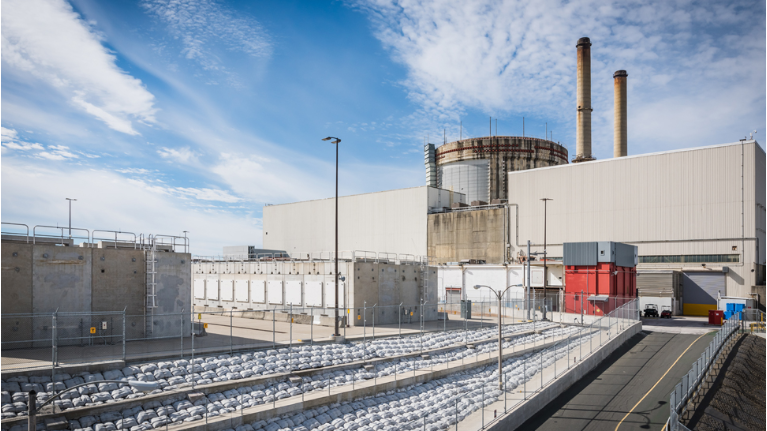CRYSTAL RIVER, Fla. — Duke Energy announced plans to decommission the Crystal River Nuclear Plant by 2027, nearly 50 years sooner than originally scheduled.
- Plans to decommission nuclear plant by 2027
- Plan will not affect customer prices
- The accelerated model is financially feasible
The nuclear plant is located at Duke Energy’s 5,100-acre Crystal River Energy Complex on Florida’s Gulf Coast about 85 miles north of Tampa. The complex is home to the new Citrus Combined Cycle Station, two operating coal-fired units and two retired coal-fired units.
Decommissioning a nuclear plant is highly regulated and involves removing, packaging and shipping radioactive materials, such as the reactor vessel, to a licensed facility and then demolishing buildings.
Duke Energy’s accelerated decommissioning plan is subject to approval by the U.S. Nuclear Regulatory Commission and the Florida Public Service Commission. The process will take about a year to complete.
Duke Energy is pursuing accelerated decommissioning for two reasons.
First, the trust fund that pays for the decommissioning, a Nuclear Regulatory Commission requirement, is currently sufficient to accelerate the plant’s decommissioning without increasing customer bills.
Second, Duke Energy has cost-effectively completed the initial phase of decommissioning, placing the plant in an ideal condition to attract bidders to complete the work.
This progress, coupled with increased competition in the industry, has lowered decommissioning costs, making the accelerated model financially feasible.
To perform the work, Duke Energy has contracted with Accelerated Decommissioning Partners, a joint venture between NorthStar Group Services and Orano USA.
The contractor will also dismantle the retired coal-fired units, which are located right next to the nuclear plant.
“We remain committed to making smart, forward-thinking and thoughtful business decisions that protect and benefit our customers,” said Catherine Stempien, Duke Energy’s state president for Florida. “The fixed-price contract will lock in today’s prices, providing us greater cost certainty.”
If approved, decommissioning work will begin in 2020 and end in 2027.



